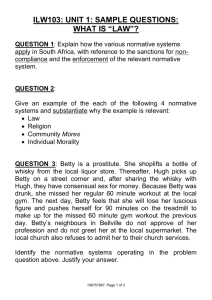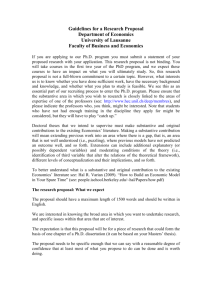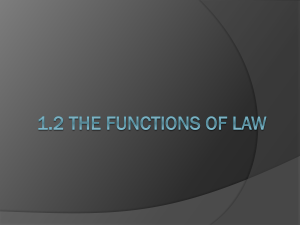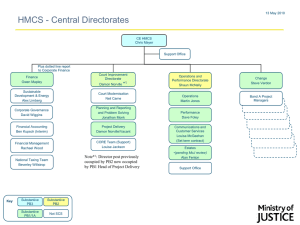Ties that Bind: Normativity, Autonomy and Mistake in Unjust
advertisement
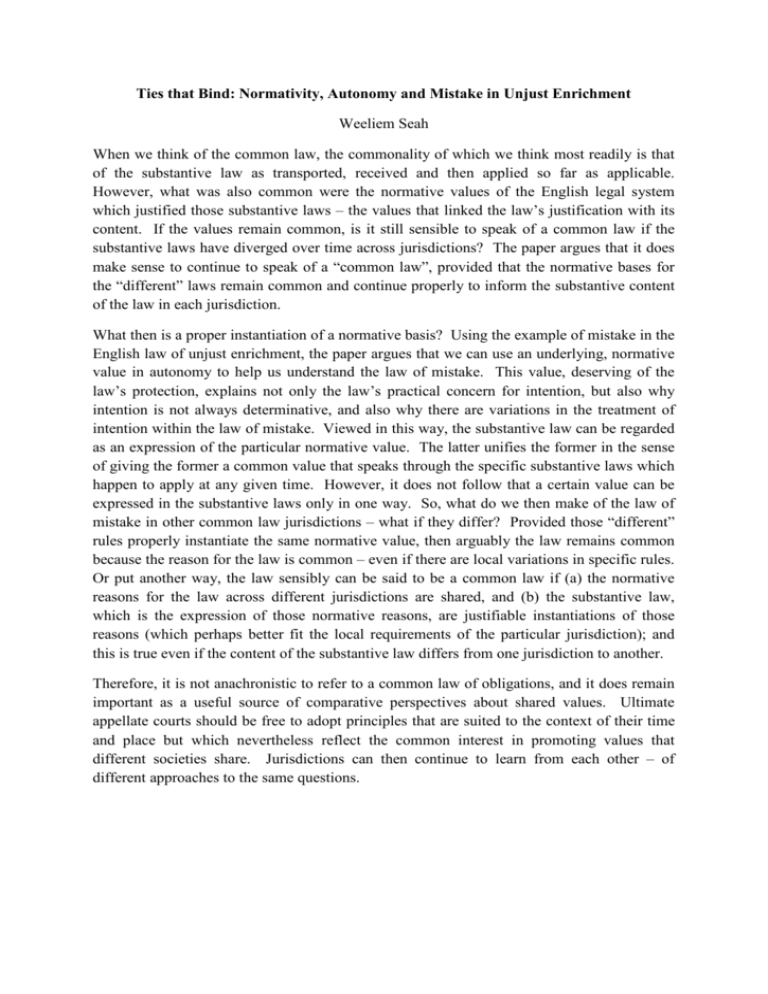
Ties that Bind: Normativity, Autonomy and Mistake in Unjust Enrichment Weeliem Seah When we think of the common law, the commonality of which we think most readily is that of the substantive law as transported, received and then applied so far as applicable. However, what was also common were the normative values of the English legal system which justified those substantive laws – the values that linked the law’s justification with its content. If the values remain common, is it still sensible to speak of a common law if the substantive laws have diverged over time across jurisdictions? The paper argues that it does make sense to continue to speak of a “common law”, provided that the normative bases for the “different” laws remain common and continue properly to inform the substantive content of the law in each jurisdiction. What then is a proper instantiation of a normative basis? Using the example of mistake in the English law of unjust enrichment, the paper argues that we can use an underlying, normative value in autonomy to help us understand the law of mistake. This value, deserving of the law’s protection, explains not only the law’s practical concern for intention, but also why intention is not always determinative, and also why there are variations in the treatment of intention within the law of mistake. Viewed in this way, the substantive law can be regarded as an expression of the particular normative value. The latter unifies the former in the sense of giving the former a common value that speaks through the specific substantive laws which happen to apply at any given time. However, it does not follow that a certain value can be expressed in the substantive laws only in one way. So, what do we then make of the law of mistake in other common law jurisdictions – what if they differ? Provided those “different” rules properly instantiate the same normative value, then arguably the law remains common because the reason for the law is common – even if there are local variations in specific rules. Or put another way, the law sensibly can be said to be a common law if (a) the normative reasons for the law across different jurisdictions are shared, and (b) the substantive law, which is the expression of those normative reasons, are justifiable instantiations of those reasons (which perhaps better fit the local requirements of the particular jurisdiction); and this is true even if the content of the substantive law differs from one jurisdiction to another. Therefore, it is not anachronistic to refer to a common law of obligations, and it does remain important as a useful source of comparative perspectives about shared values. Ultimate appellate courts should be free to adopt principles that are suited to the context of their time and place but which nevertheless reflect the common interest in promoting values that different societies share. Jurisdictions can then continue to learn from each other – of different approaches to the same questions.
